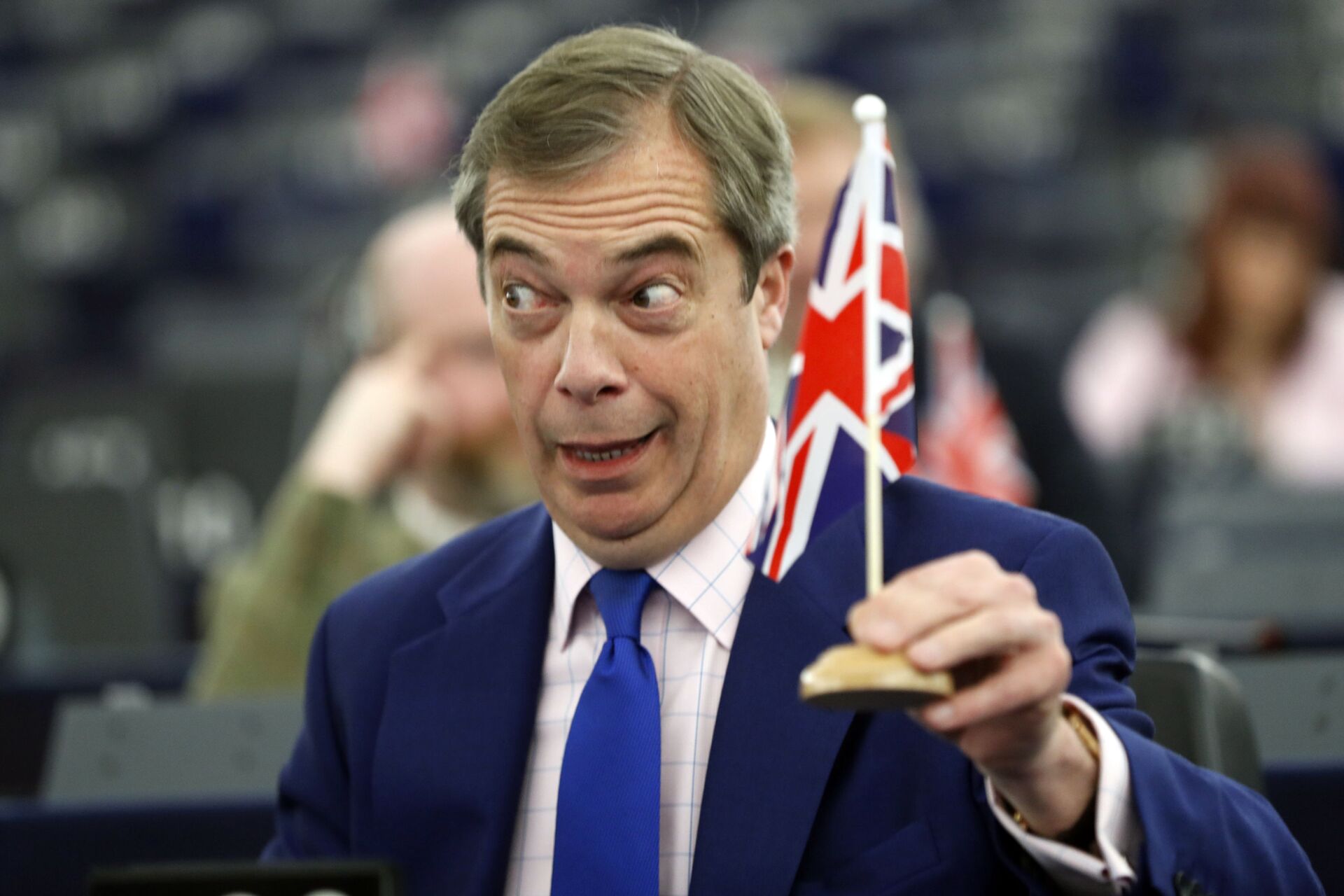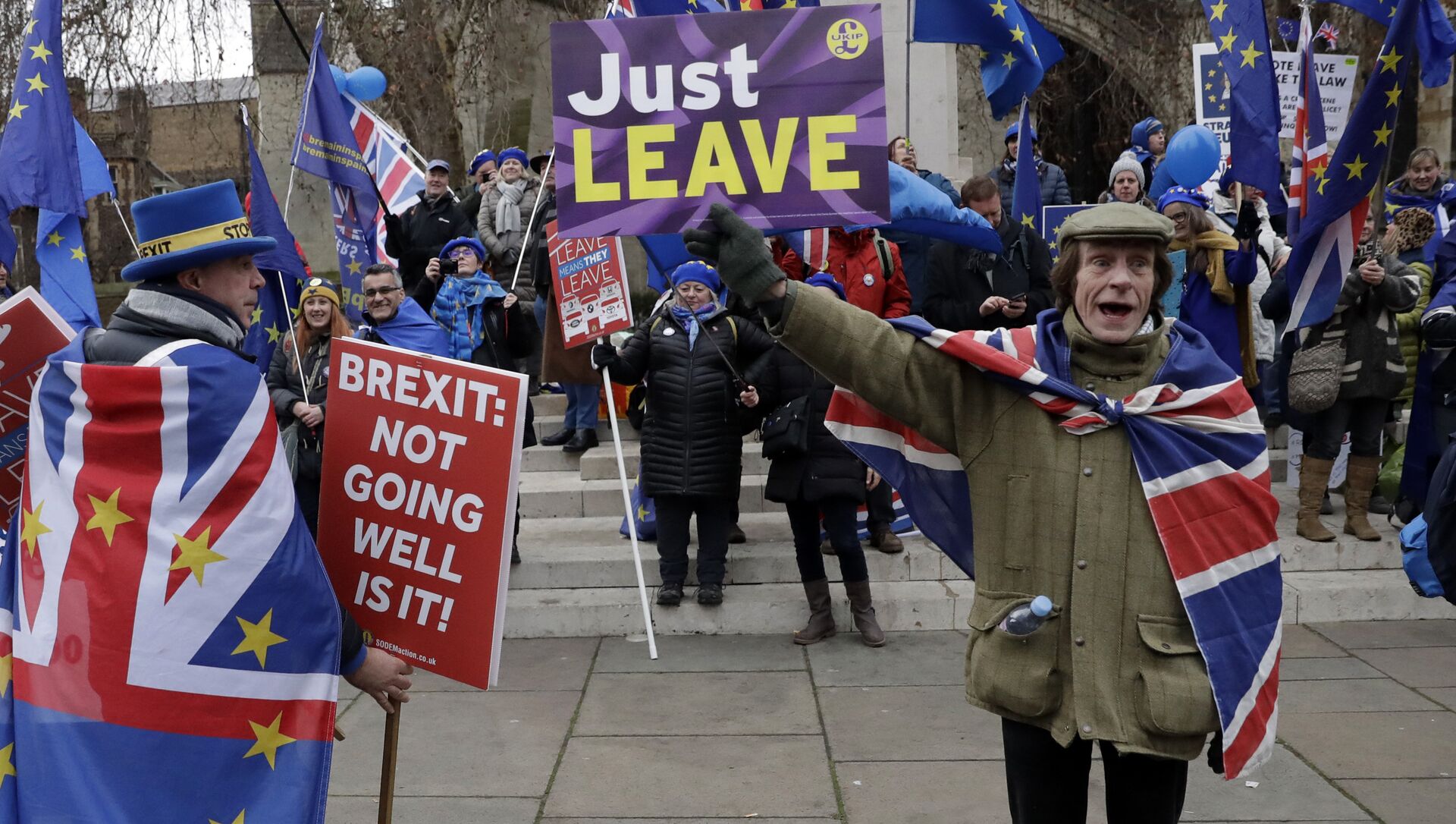A survey published on 24 February by the University of Oxford suggests there is a strong relationship between political attitudes and the intention to accept the COVID-19 vaccine. A study featuring the data showed that voters who in 2016 opted for the UK to leave the European Union were less eager to take the vaccine against coronavirus.
At the same time, those who voted Remain were 7% more likely willing to take the jab.
Supporters of the Reform Party, led by staunch Brexiteer Nigel Farage, are the most hesitant, with just over 50% saying they will take the vaccine, compared to 100% of Scottish National Party voters.

Liberal voters were most positively inclined towards getting vaccinated.
“People have become massively more supportive of taking the vaccine overall but important gaps remain especially among groups whose trust in politicians is typically lower: non-voters, younger citizens, and poorer households,” Professor Ben Ansell, who led the study, has argued.
Researchers have also found that people’s income level had an impact on the willingness to take the Covid-19 jab.
“All income groups show more than 80% willingness to take the vaccine, but the wealthiest groups now show more than 90% acceptance. Going against the broad trend towards vaccine uptake, this gap has widened somewhat since October from 13% to 15%,” the survey revealed.
Another factor, determining the decision for or against the vaccine, was said to be the respondents’ age.
All age groups over 50 now record more than 90% acceptance, with adults showing more than 80% acceptance. The study revealed that both men and women have become more supportive of a vaccine, with women’s willingness to have a jab increasing from 73.6% to nearly 88% and men’s acceptance rising from 82% to nearly 90%.
Professor Ansell of Comparative Democratic Institutions at the Department of Politics and International Relations said the insights provided by the study “will be of immediate importance to policymakers”, given that the government’s lockdown exit strategy, announced by the Prime Minister Boris Johnson on 22 February, rests on the successful vaccine roll out.
“This multi-wave study gives us a rare glimpse of whose opinions have shifted and why. People have become massively more supportive of taking the vaccine overall but important gaps remain especially among groups whose trust in politicians is typically lower: non-voters, younger citizens, and poorer households,” Professor Ansell said.
Around 1,200 respondents were surveyed for the study in early October 2020 and again in the first week of February 2021.




